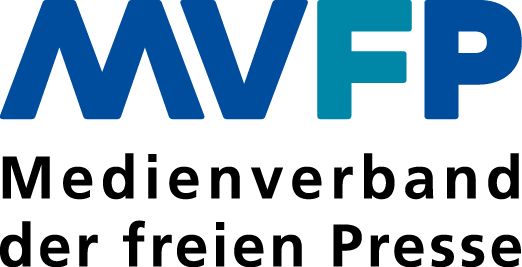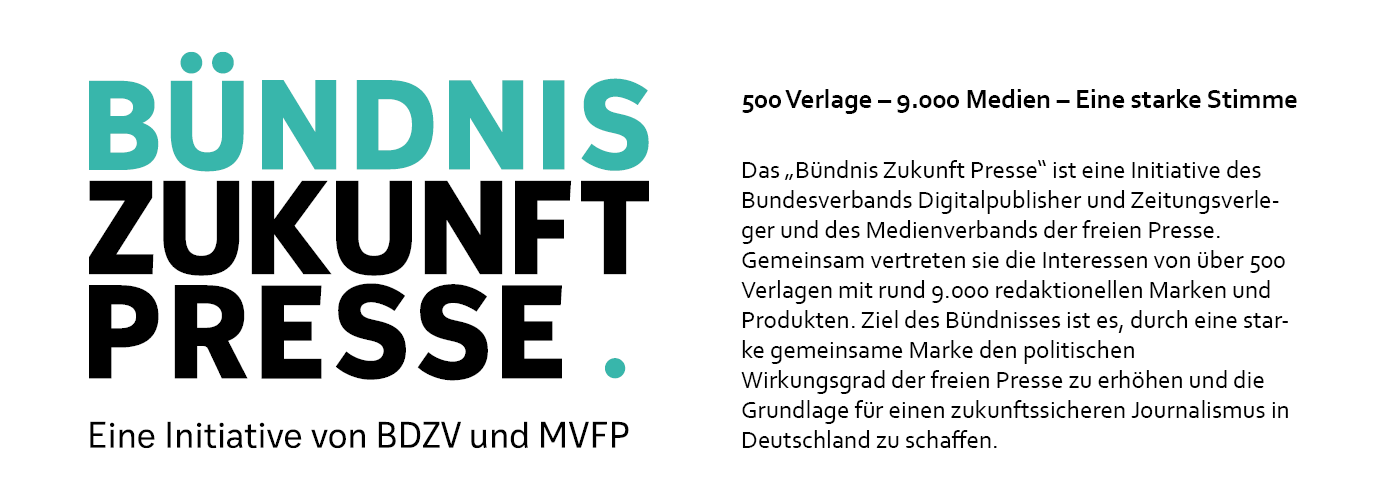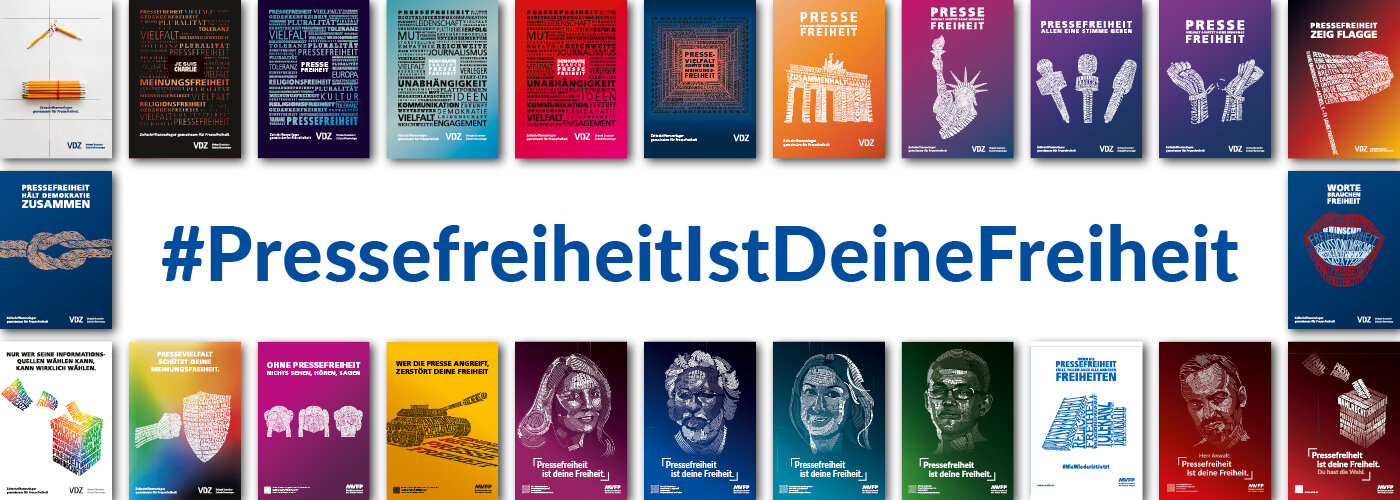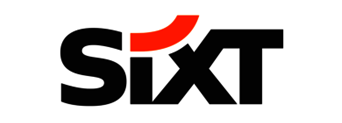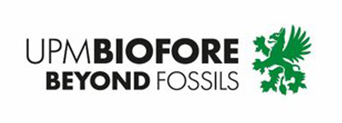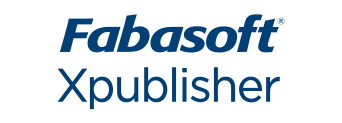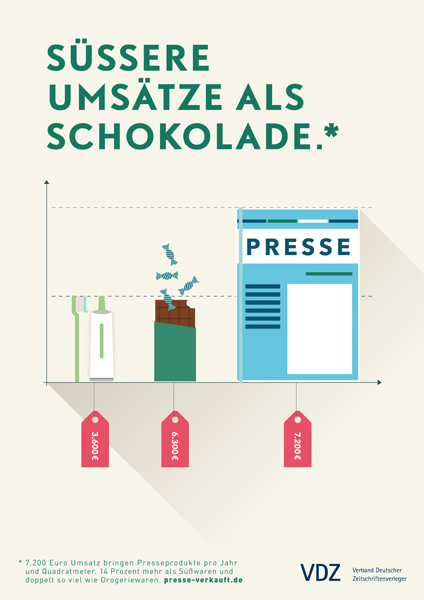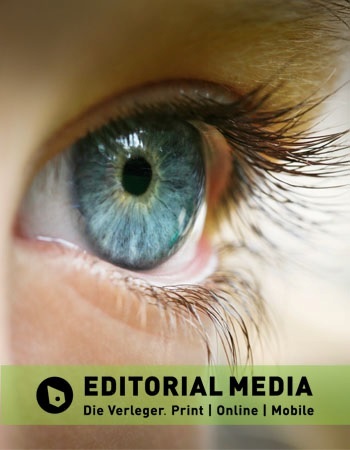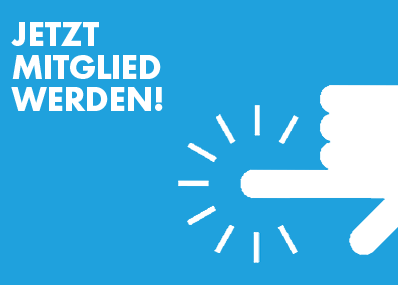VDZ - Verband Deutscher Zeitschriftenverleger
Medienverband der freien Presse
MVFP, #MVFP24, Medienverband der freien Presse, 350 Mitglieder, 7.000 Marken
Mediennacht der freien Presse 2024: Pressefreiheitspreis des MVFP für Düzen Tekkal
#MVFP24, Mediennacht der freien Presse, Pressefreiheitspreis
Medienkongress der freien Presse 2024: Keynote Prof. Dr. Dr. Udo Di Fabio
#MVFP24,Medienkongress der freien Presse,Prof. Dr. Dr. Udo di Fabio
Mediennacht der freien Presse 2024: Verleihung des MVFP-Pressefreiheitspreis für Düzen Tekkal
#MVFP24, Mediennacht der freien Presse, Pressefreiheitspreis, Düzen Tekkal
Aktuelles
Tarifverhandlungen, Tarifpolitik, Tarifvertrag, Gewerkschaft
RudolfThiemann, VDZ, Ehrenpräsident, KonfessionelleMedien
Bundeskartellamt, Apple, ATTF
HubertBurda, HubertBurdaMedia, MVFP
HolzmannMedien, DeutscheHandwerksZeitung, HandwerkerRadio, MVFPimpuls
MVFPNord, MVFPBerlinBrandenburg, Verlegerabd, BündnisZukunftPresse
Unsere strategischen Partner
Aus unserem Netzwerk
Studie, Smartphone-Nutzung, PsychischeGesundheit
JournalismusMachtSchule, Pressefreiheit, Medienkompetenz
MVFPBayern, Vorstand, Wahlen, Vorsitzender
